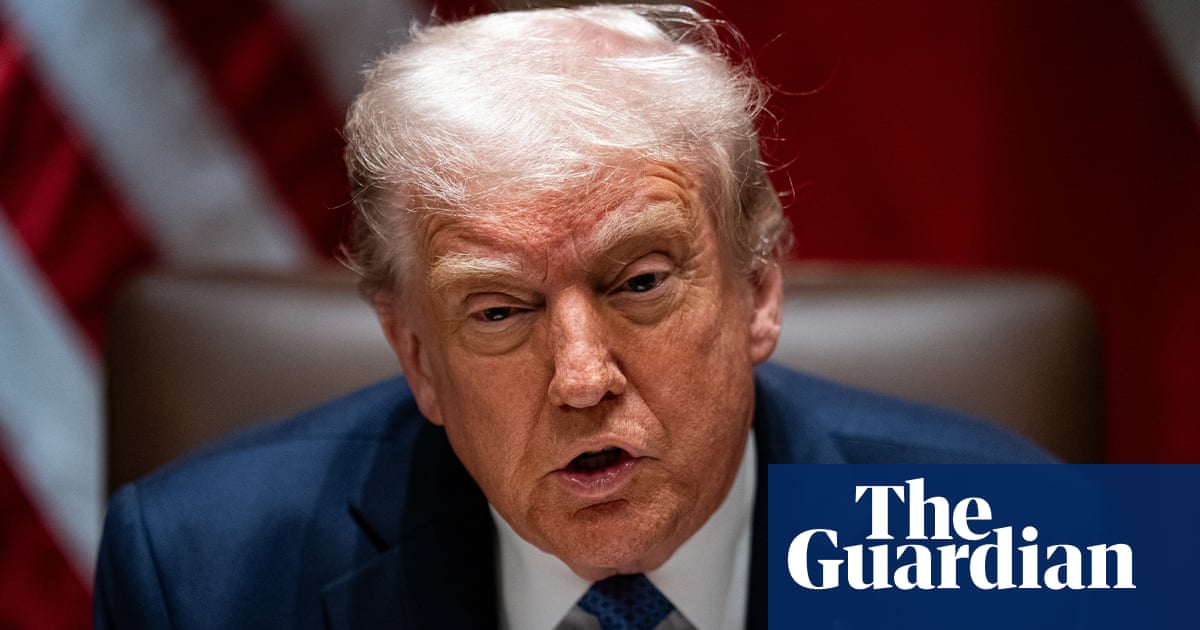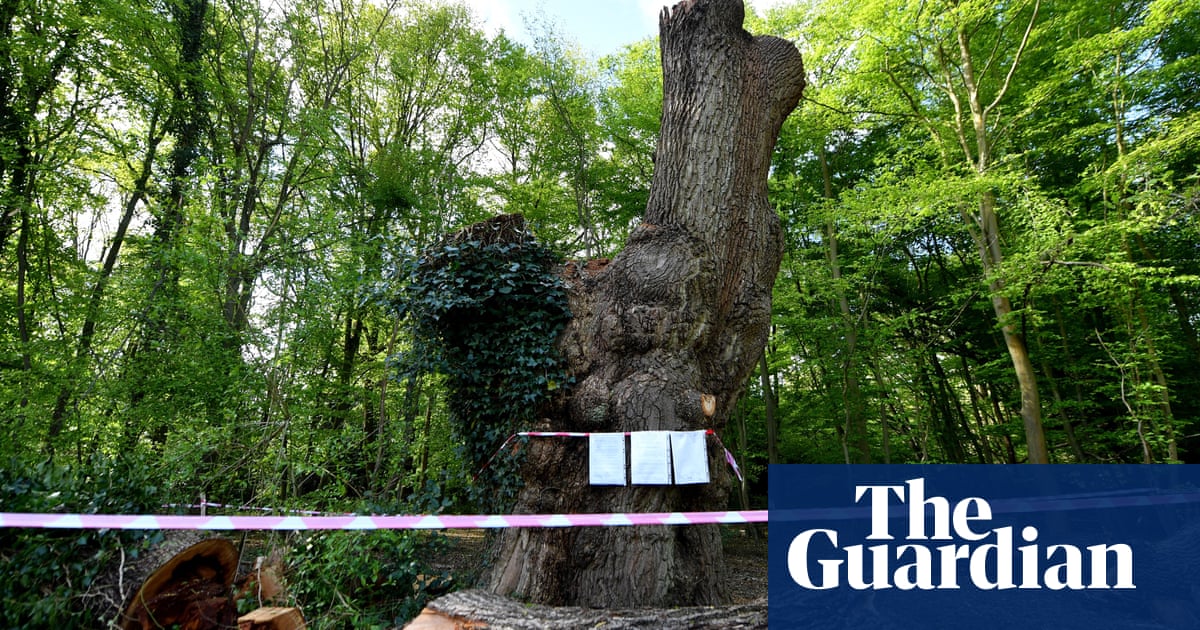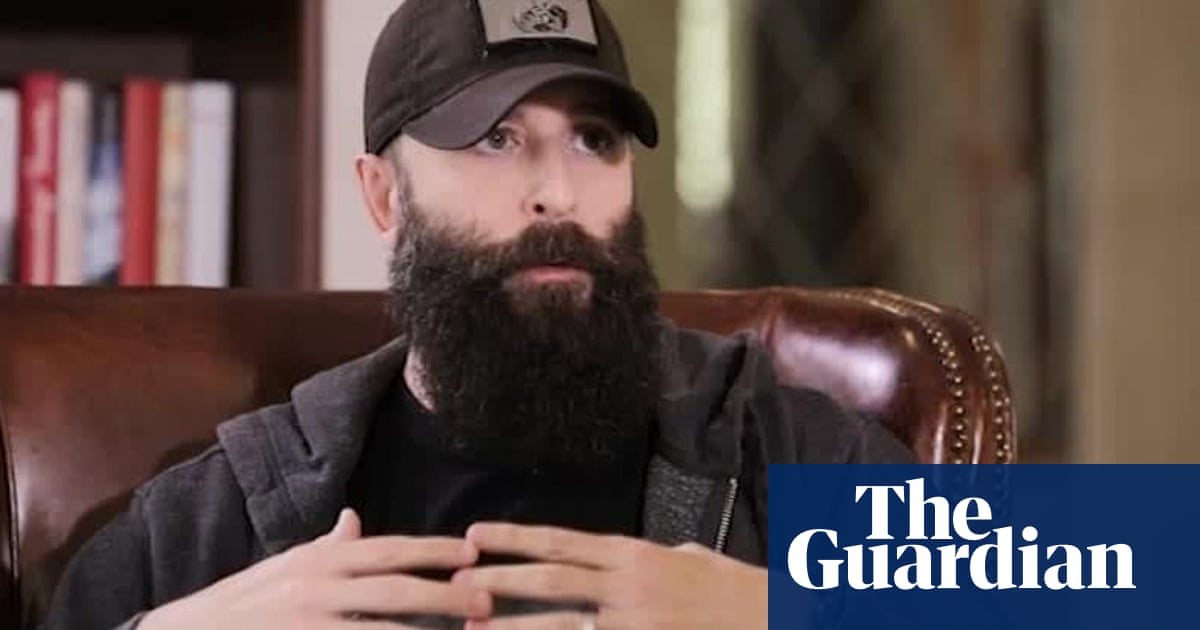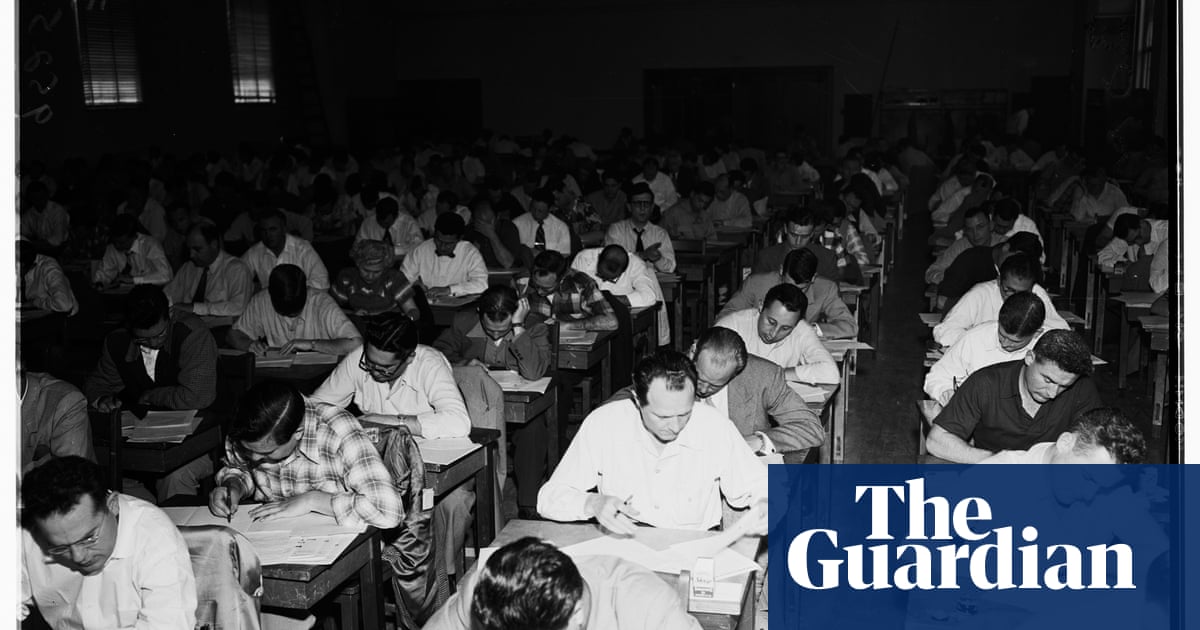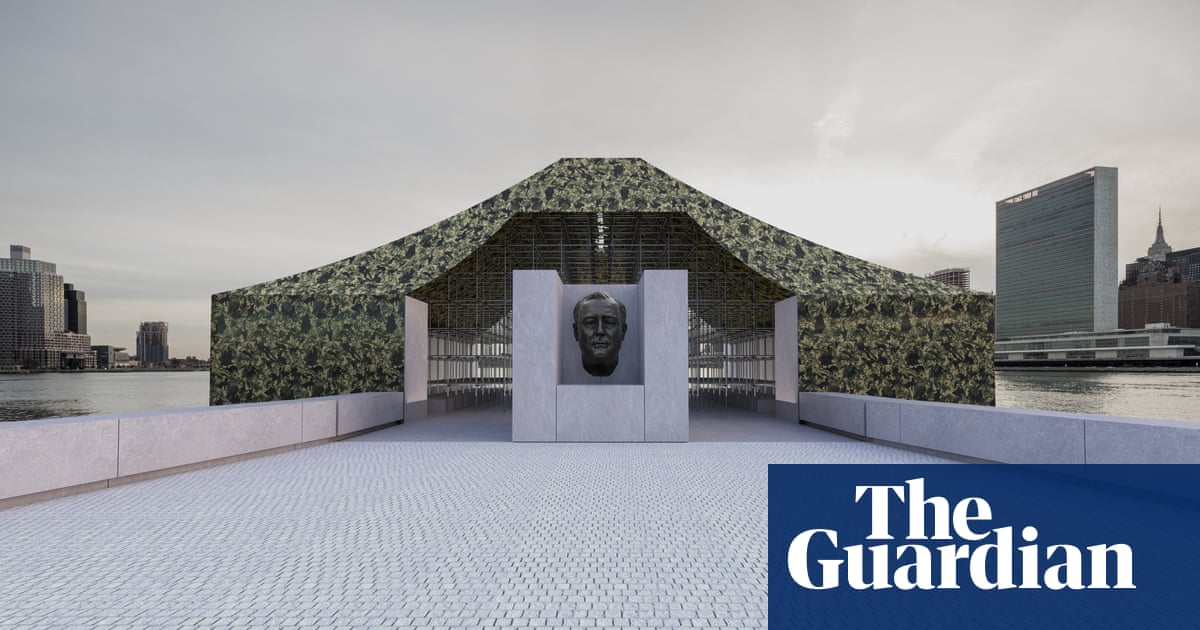Over the past three years, Daria Kasatkina has slowly come to terms with a painful truth: the country she was born in, grew up in and represented to great success in the most prominent women’s sport steadfastly rejects her existence.
Four months after Kasatkina came out as gay in 2022, the Russian government enacted a slew of laws aimed at cracking down on and criminalising homosexuality. Last year, Russia began to convict individuals charged with displaying pro-LGBTQ+ imagery. While travelling the world for her profession, already competing under a neutral flag in the grim shadow of Russia’s invasion of Ukraine, the 27-year-old spent much of her time ruminating over whether it was time for her to depart.
Even so, it came as a big surprise at the end of last month when Kasatkina finally made her move, announcing that she had gained permanent residency in Australia and would be representing her new country going forward. As she speaks before her participation at the Madrid Open, Kasatkina explains that, as a gay woman, her determination to live freely was key in her decision to become an Australian citizen.
“It is tough,” she says of not being accepted by her former country. “Honestly, it was one of my main reasons why I had to make this step and change my nationality because if I wanted to live a free, open life as I wanted, unfortunately I couldn’t do it in Russia. I had to find another place. And I did.”
Once the first discussions were held a few months ago, it did not take long for Kasatkina to acquire Australian permanent residency. As she prepared to announce her new country to the world, she agonised over how her move would be received internationally. Kasatkina has been pleasantly surprised by the outpouring of goodwill, including from her own peers and new compatriots.
“It was emotional and I was nervous, of course, because I didn’t know how the reaction was going to be,” she says. “But the feedback was very good, honestly, from all the international media. It was great. Also, the feedback from Australia was good. After I realised that, I became much more calm.”
A key moment of Kasatkina’s detachment from Russia began in July 2022, when she was interviewed in a Russian YouTube documentary exploring Wimbledon’s ban on Russian players. In the same emotional segment, Kasatkina bluntly opposed Russia’s invasion of Ukraine and came out as gay.
In subsequent years, she has been stuck in an extremely difficult position. Kasatkina had long been Russia’s highest-ranked women’s tennis player – she is currently the world No 14 after reaching a career high of No 8 in October 2022. At the same time, both her personal identity and public views were essentially illegal. She has faced criticism from various politicians and public figures, which included a member of the State Duma sending a letter to the Ministry of Justice calling for her to be classified as a foreign agent.

Although the fact that she could no longer live freely and safely in Russia due to her sexuality was the primary reason for her nationality change, it is impossible for Kasatkina to ignore the significance of the war on her decision. She notes that Australians are “living in peace with each other”, a stark comparison to Russia’s conflicts, and that the invasion of Ukraine was the catalyst for the other issues that dictated her decision. “The war affected many things,” she says. “Also the political way of Russia. Before, it was not that bad. But after this trigger, it’s become much worse. So it’s all connected.”
Now a veteran of the professional tennis circuit, Kasatkina is one of the most popular players in the locker room, loved for her humour and integrity. She and her girlfriend, the Estonian-Russian former figure skater Natalia Zabiiako, publish a popular YouTube vlog about life on the tour. Around the grounds at tennis tournaments, the pair are inseparable. While most players conduct their media duties alone or else with an agent or manager, Kasatkina was accompanied throughout by Zabiiako, who patiently waited out of earshot for her partner to finish.
During her career, Kasatkina has become known for her principles and heart but most of the decisions she has made have simply been based on her determination to be a good person and do what she believes is right. Asked what message she hopes this decision will send, Kasatkina shrugs.
after newsletter promotion
“I think everyone has his own views, his own path,” she says. “It is my life, and it was my decision on my life. It didn’t affect anybody except for me. So the only example which I want to give to people, it’s to take responsibility and action for your own life. And if you want to change something, you have to change something. If you feel great where you are, you have stay where you are. You just have to be responsible for your actions and for your own life. That’s all.”

This is still the first page of her new chapter and there will be many more things to resolve. The question of whether she will be able to represent her new county in the Billie Jean King Cup, a trophy Kasatkina won with the Russian team in 2021, remains open. Although the International Tennis Federation’s rules forbid players from competing for a second nation, individuals can receive exemptions. Few circumstances are as exceptional as the reasons behind Kasatkina’s defection.
At some point, she will also have to look towards establishing a home in her new country. Since her announcement, her phone has been flooded with messages by Daria Saville, a Russian-born player who became an Australian citizen in 2015, who has been searching for apartments for her friend close to her own home Melbourne.
“I’m [a] one-month-old Australian,” says Kasatkina, laughing. “It feels nice, honestly, just to think of myself as an Aussie now and playing under the Australian flag, representing Australia on the big stage. I’m very proud of that.”

.png) 5 hours ago
4
5 hours ago
4



